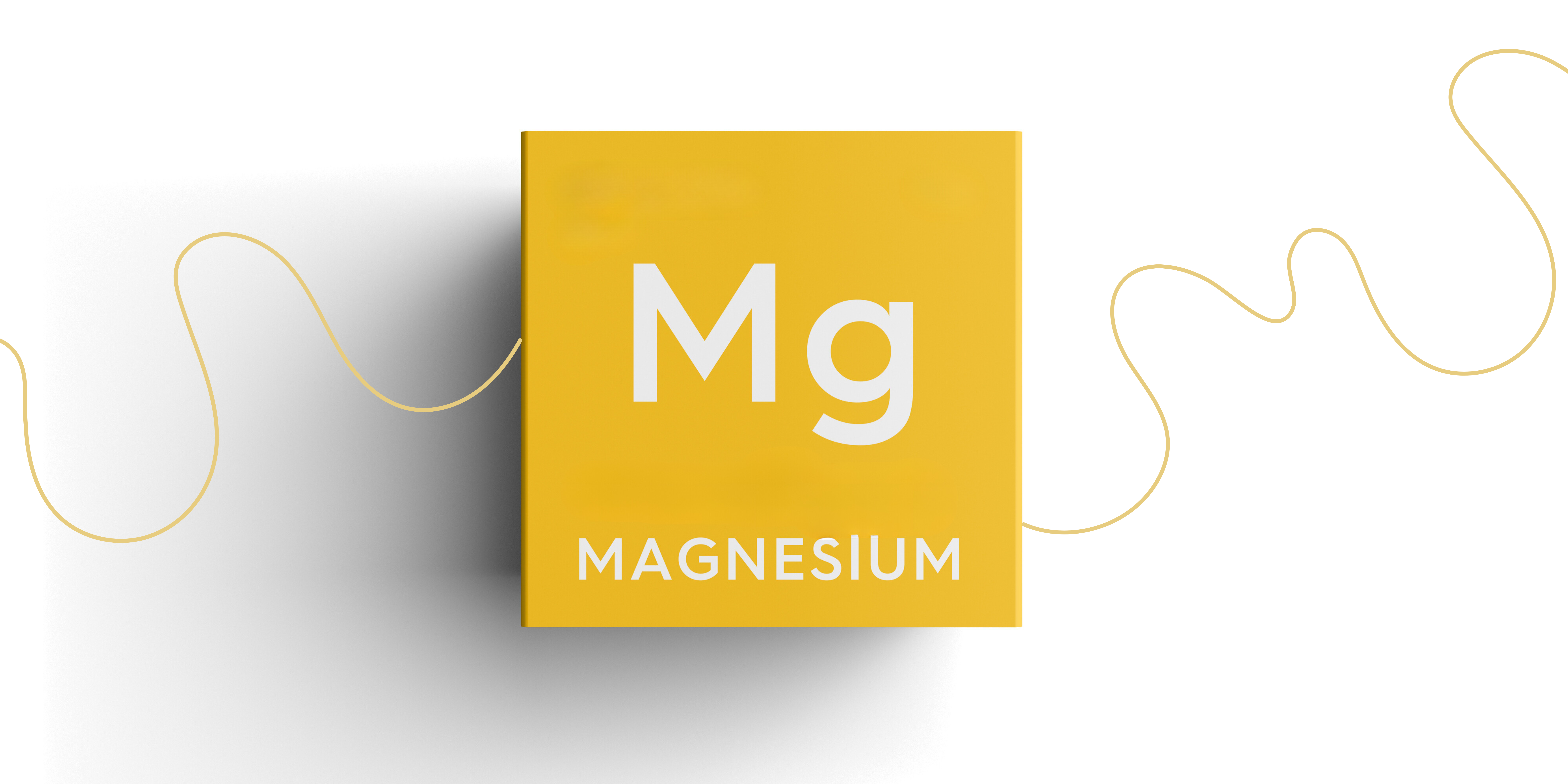The human brain, a marvel of complexity, is the command center for our thoughts, emotions, and actions. Understanding its structure and functions, understanding stages of brain aging, the associated symptoms, and practical is crucial as we explore ways to combat cognitive function decline and aging and maintain a sharp mind throughout the years.
Brain Structure and Functions
The brain, composed of billions of neurons interconnected through intricate networks, can be divided into different regions, each responsible for specific functions. The frontal lobe governs decision-making and problem-solving, the temporal lobe processes auditory information and memory, the parietal lobe integrates sensory information, and the occipital lobe handles visual processing. The limbic system, nestled deep within the brain, regulates emotions and memory. This harmonious collaboration ensures the seamless functioning of our cognitive abilities.
Cognitive Function Decline and Aging
Cognitive function decline is a natural part of the aging process. As we age, various factors, including genetic predispositions, lifestyle choices, and environmental influences, contribute to changes in cognitive abilities. A decline in memory, processing speed, and overall cognitive function may become noticeable, impacting daily life.
Symptoms of Cognitive Decline
As the brain ages, several symptoms may manifest, signaling cognitive decline. These include:
- Forgetfulness: Frequent lapses in memory, such as forgetting names or appointments.
- Difficulty Concentrating: A decline in the ability to focus or maintain attention.
- Slower Processing Speed: Difficulty processing information quickly.
- Impaired Decision-Making: Challenges in making sound judgments or decisions.
First Stage: Cognitive Decline, Mild Cognitive Impairment, Dementia
In the first stage of brain decline, individuals may experience cognitive decline, marked by subtle memory lapses and difficulties in concentration. Mild Cognitive Impairment (MCI) represents a more noticeable stage where cognitive challenges extend beyond what is considered typical for one's age. Dementia, the advanced stage, involves severe memory loss, impaired reasoning, and a decline in overall mental function.
Second Stage: Mild Cognitive Impairment
MCI is characterized by noticeable cognitive decline without significantly impacting daily activities. Symptoms include memory loss, difficulty concentrating, and challenges in completing complex tasks. Early detection is crucial for implementing strategies to slow down or prevent further decline.
Third Stage: Dementia
Dementia is the most severe stage of brain decline, significantly impacting daily life. Symptoms include profound memory loss, impaired communication, changes in behavior, and an inability to perform routine tasks. Effective support and intervention strategies are vital for individuals in this stage.
When Does Brain Aging Begin?
Research suggests that the aging process of the brain can start as early as the third decade of life While some cognitive changes are a normal part of aging, individuals may experience more pronounced decline due to factors such as chronic stress, lack of physical activity, and poor dietary habits.
Tips for Dietary and Lifestyle Changes to Support Brain Health
Making proactive changes in lifestyle and diet can play a pivotal role in supporting brain health and delay the aging process:
- Adopt a Mediterranean-style diet rich in fruits, vegetables, whole grains, and lean proteins.
- Engage in regular physical exercise, which has been linked to improved cognitive function.
- Prioritize mental stimulation through activities such as puzzles, reading, or learning new skills.
- Foster social connections and maintain a supportive network of friends and family.
- Quality sleep of 7–9 hours per night is crucial for healthy cognitive function with both shorter and longer sleep durations associated with increasing risks of cognitive decline, mild cognitive impairment, and dementia.
Nutrients that Support Brain Health
- Antioxidants (Vitamins C and E):
- Omega-3 Fatty Acids (Found in deep sea fish oil)
- Vitamin D
- B-Vitamins (B12 and Folate)
- Vitamin K2
- Coenzyme Q10
Life Nutrition offers a range of supplements to help you optimize your brain health and embark on a journey towards a fulfilling and vibrant life, regardless of age.
- NMN+: A supplement designed to promote raising level of NAD+ in body, slow the aging process and prevent mitochondrial dysfunction and age related metabolic disorders such as cognitive decline and dementia.
- Women Everyday Complete and Men Everyday Complete: Comprehensive multivitamins providing essential nutrients for overall health and well-being.
- Sleep Tonight: Formulated to support restful sleep, crucial for cognitive function and overall well-being.
- Deep Sea Fish Oil: Rich in omega-3 fatty acids, supporting brain health, cardiovascular function, and overall well-being.
- Soy Lecithin: A supplement known for its heart health benefits, supporting overall cardiovascular function, which is closely linked to brain health.
.png)
.png)
-1.png)




Comment